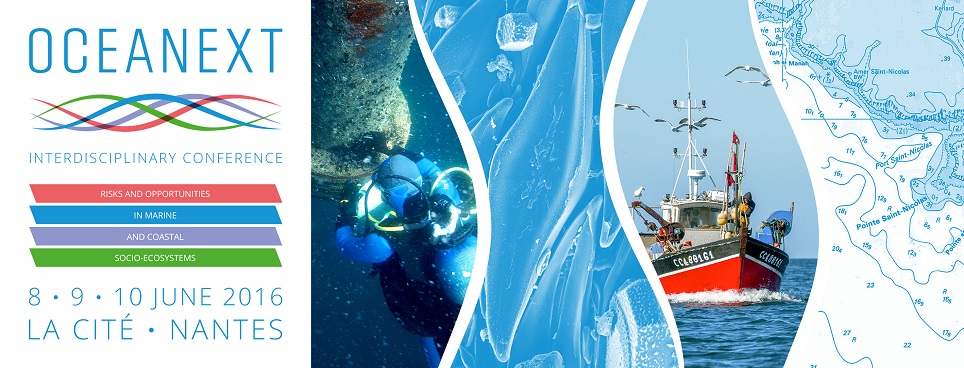In the second half of the 2000s, many institutions and international organisations, like UNESCO and European Commission, prescribed Marine Spatial Planning (MSP) as a necessary tool to manage maritime spaces. Accordingly, there has been a significant shift with marine governance in European Union. Some north European countries put in place early a national legal framework for MSP, under the impulse of a European MSP roadmap in 2008, like UK with the Marine and Coastal Access Act in 2009. Implement MSP in France took longer because of traditional reserves about zoning and because of a confusion with the translation of planning as zoning. These national plans need to be coordinated, specificly in the English Channel and the North Sea in this case. Todays, fuzzy planning and soft spaces attract renewed interest, especially in urban and regional planning studies. These concepts help to take account of uncertainty on the development of human activities as far as uncertainty on the functioning of complex ecosystem. They can therefore be usefull for marine management. This presentation try to learn lessons from different international experiences of fuzzy planning to suggest an appropriate methodology for maritime spaces, which integrates stakeholders in a fuzzy planning process in order to help the implementation of transboundary MSP in the English Channel and the North Sea.

|
Fuzzy planning and soft spaces: Drawing up guidelines of a methodology to help the implementation of transboundary Marine Spatial Planning in the English Channel and the North Sea
1 : Littoral, Environnement, Télédétection, Géomatique
(LETG - Géolittomer)
-
Site web
Université de Nantes, CNRS : UMR6554
Faculté des Lettres BP 81227 44312 NANTES Cédex 3 -
France
2 : Maison des Sciences de l'Homme Ange Guépin
(MSH Nantes)
-
Site web
MSH Nantes
5, allée Jacques Berque BP12105 44021 Nantes. -
France
|
 PDF version
PDF version
